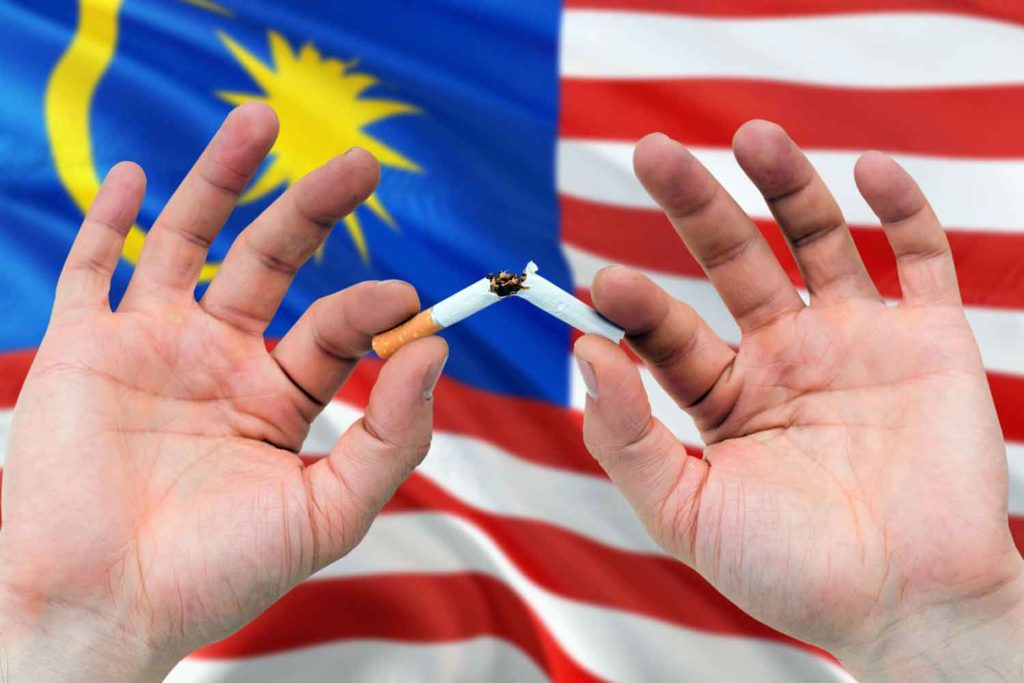Campaigners Welcome Delay Tobacco Bill
- Featured News This Week
- October 7, 2022
- 0
- 3 minutes read


Legalizing vape sales in Malaysia remains on the table despite the heath minister postponing the “generational endgame” anti-smoking bill after considerable public and political pressure, according to the Malaysian Organization of Vape Entities (MOVE).
Malaysia’s Minister of Health, Khairy Jamaluddin, made the decision not to table the bill despite the bipartisan special parliamentary select committee making amendments and reaching consensus.

“This delay now gives MPs time to get the country’s tobacco control strategy right. We strongly believe that vaping should be not part of the generational endgame bill. It would only criminalize vape consumers and retailers,” said MOVE President Samsul Arrifin.
MOVE would like vaping and noncombustible products out of the legislation and for the government to treat them as harm reduction tools.
Tobacco harm reduction (THR) advocates were heartened in April when the regulation of vaping devices was announced to take effect in August. It was assumed the move would precede the legalization of vape sales in Malaysia.
They also took heart from a visit last month to New Zealand by a Malaysian parliamentary delegation to understand what policies are required to achieve smoke-free. New Zealand has legalized and regulated vape sales and is now on track to achieve its national ambition of Smoke-free 2025—where 5 percent or less of the population smoke regularly.
New Zealand is also looking to implement a similar generational smoking ban, which would see the prohibition of tobacco product sales to anyone born in 2009 or after. However, Malaysia’s proposal for those born in 2007 or after would also ban vaping product sales.
“New Zealand’s smoking rate is less than half of ours because they’ve regulated adult-only retail access to vaping products. New Zealand actively steers smokers toward safer nicotine products, with vaping an incredibly effective off-ramp to smoking. If Malaysia is to reduce smoking to below 5 percent by 2040, then we need to regulate, not ban, vaping products,” said Arrifin.
The Coalition of Asia Pacific Tobacco Harm Reduction Advocates (CAPHRA) says about 70 countries have already proven that a THR approach works. In contrast, Australia is showing just how badly vaping bans fail.
“As well as giving the 21 percent of Malaysians who smoke a less harmful alternative, regulating vaping will ensure Malaysia has product safety standards, not to mention extra tax revenue. We are pleased the government is taking its time on this one. An evidence-based approach will serve them well,” said Nancy Loucas, executive coordinator of CAPHRA.
